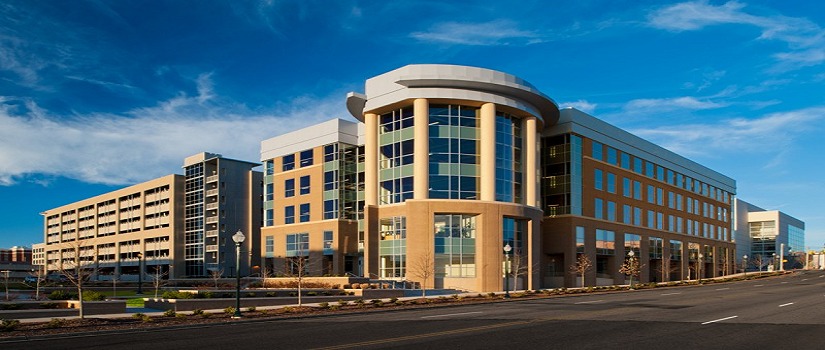Our founder and current director, Dr. James Hébert, conceived of the Cancer Prevention and Control Program after he was struck by the vast health disparities—especially related to cancer rates—that he observed in South Carolina in the early 2000s. Although Dr. Hébert was originally recruited to the University of South Carolina to chair the Department of Epidemiology and Biostatistics in 1999, he came to understand that a separate program was needed outside of the existing university departments that focused solely on research, outreach and community involvement to address cancer disparities in our state. He thus stepped down from his chair and founded the Cancer Prevention and Control Program in 2003, becoming its first—and current—director.
Since our founding, we have grown by leaps and bounds, gaining an invaluable asset in associate director Dr. Swann Adams, a faculty member holding appointments in both the Department of Epidemiology and Biostatistics and the College of Nursing. Our program now has a fully interdisciplinary team of faculty, staff and students, with core and affiliate faculty members from a variety of departments on campus, and over the years we have had many successful collaborations with research partners from various schools within our university—for example, the School of Social Work—as well as from prestigious universities around the country and world. However, an essential part of our mission is to not only embrace leading researchers from the academic world but also establish mutually beneficial working relationships with members of our community in Columbia and around the state, thus ensuring that the people most directly affected by cancer and health disparities are integrally involved in our work.
